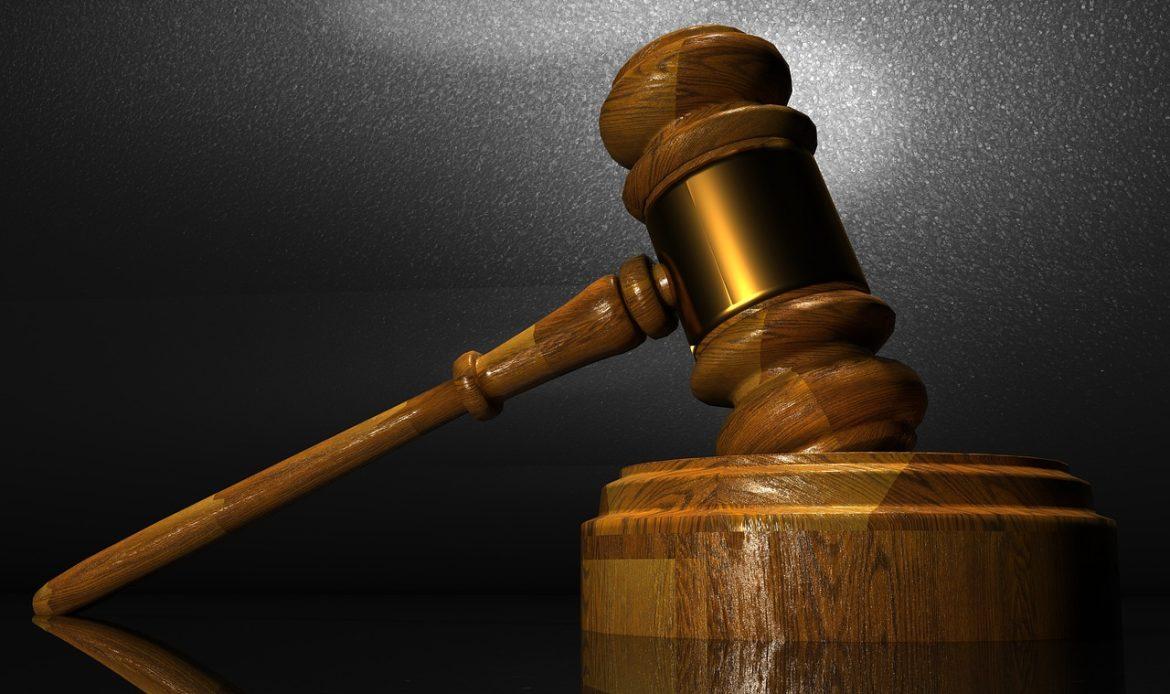Litigation is an integral part of the legal system, providing a mechanism for resolving disputes through the courts. However, the cost of litigation, both in financial terms and time expended, must always be considered before the commencement of an action. This article examines the cost of litigation in Nigeria and whether the time spent in legal battles is worthwhile.
Financial Cost of Litigation
- Legal Fees: Legal practitioners in Nigeria charge fees based on the complexity and duration of a case and the seniority and expertise of the advocates engaged to handle the matter.
- Court Fees and Expenses: Filing fees, process fees, and other court-related expenses constitute part of the necessary costs of seeking redress in court. In Nigeria, these fees can accumulate, particularly in protracted legal battles.
- Cost of Expert Witnesses: In some instances, parties may need to engage expert witnesses to strengthen their claims. The fees for these experts add to the overall cost of litigation.
- Opportunity Costs: Parties involved in litigation often divert time and resources from their regular activities, leading to alternative costs. Businesses may suffer, and personal lives may be disrupted during prolonged legal proceedings, which may be caused by several factors. Also, the retirement of a judge trying a matter usually requires the matter to commence de novo (from the beginning) before a new judge, which may unduly prolong the matter.
Advantages of Time Spent in Litigation
- Access to Justice: Litigation is a fundamental avenue for individuals and entities to seek justice. Despite the challenges, the legal system is crucial in resolving disputes and upholding the rule of law.
- Deterrence and Accountability: Legal battles can serve as a deterrent, discouraging unlawful behaviour and holding parties accountable for their actions. The fear of litigation may promote compliance with legal standards. For instance, Section 36 of the Constitution of the Federal Republic of Nigeria has copious provisions guaranteeing the citizenry’s fundamental human rights, which are enforceable through the court system. Where there is an infringement of such rights, a party can bring an action to enforce his or her fundamental human rights.
- Formal Adjudication: Litigation provides a formal and structured process for resolving disputes.
- Legal Precedent: The Nigerian judicial system operates on the principle of Stare Decisis, that is, court decisions set legal precedents, establishing guidelines for similar cases in the future. A significant advantage of this is that court decisions are not made in a vacuum, and it provides certainty in law.
- Enforcement of Rights: Litigation allows individuals and entities to enforce their legal rights. Through the legal process, parties can seek remedies such as compensation, injunctions, or specific performance, ensuring that justice is served.
- Public Accountability: High-profile litigation cases can bring attention to issues of public concern and hold individuals or entities accountable for their actions. This transparency contributes to a sense of justice and societal awareness. A classic example is the current prosecution of the erstwhile CBN Governor Godwin Emefiele on charges bordering on procurement fraud at the Federal High Court, Abuja.
Disadvantages of Time Spent in Litigation
- Court Congestion: The Nigerian legal system faces the challenges of backlog and court congestion. Cases may take years to conclude due to a lack of resources, leading to extended periods of uncertainty for litigants.
- Appeals and Adjournments: The appellate process and frequent adjournments can significantly extend the duration of litigation. This delays justice and adds to the frustration and financial strain on the parties involved.
- Impact on Relationships: Prolonged litigation can strain relationships between individuals or businesses. The time spent in legal battles may lead to irreparable damage to personal and professional connections.
Recommendations for Improvement
- Alternative Dispute Resolution (‘ADR‘): Recognizing the drawbacks of prolonged litigation, ADR mechanisms such as arbitration and mediation are gaining popularity worldwide, including in Nigeria. Encouraging ADR methods and making them more accessible can provide quicker resolutions to the parties while alleviating the burden on the court system. In a recent address, the Chief Justice of Nigeria, Olukayode Ariwoola advised on the use of ADR, while emphasizing that not all matters need to be litigated. Also, the recently promulgated Arbitration and Mediation Act 2023 makes more extensive provisions for ADR mechanisms. A perfect example is that settlement agreements obtained through mediation can now be enforced as a consent judgment in a court of law. Therefore, a culture of ADR is advisable as it is a less stressful and more efficient route to dispute resolution.
- Court Reforms: Implementing reforms to address court congestion, enhance efficiency, and reduce the backlog of cases can contribute to a more expeditious legal process.
- Legal Aid: Improving access to legal aid for individuals who cannot afford the high litigation costs ensures that justice is not exclusive to the financially privileged.
In conclusion, the cost of litigation, not just in Nigeria but globally, poses challenges to the legal system’s effectiveness. While the pursuit of justice is a noble cause, there is a need for a balanced approach that considers the impact of prolonged legal battles on individuals, businesses, and the overall legal landscape. Reforms and an emphasis on ADR can contribute to a more efficient and equitable legal system.
Authors
Associate
+2348068392813
Associate
+2348035629533

